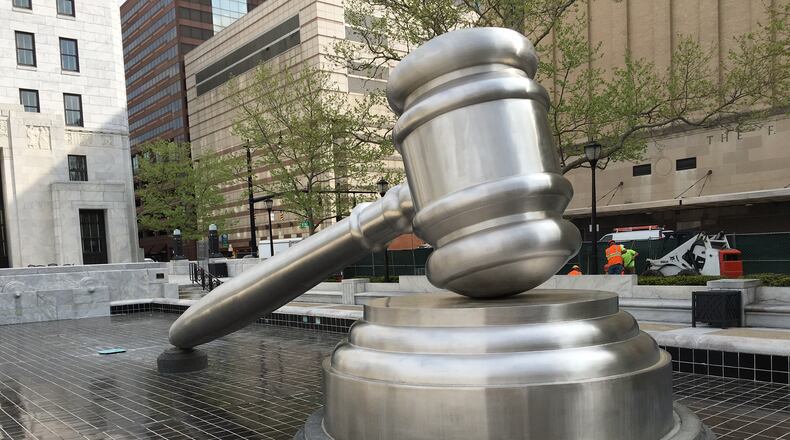The high court handed down its decision Tuesday, denying the writ of mandamus. The court said while Hamilton owes the township the money, this particular form of legal action is not available because thew township hasn’t proven how much the city owes.
“It is plain that under the current version of R.C. 709.19(B), a city is required to pay a township for tax revenue lost as a result of that city’s annexation and exclusion of township territory,” all but one justice wrote as a group. “The problem for St. Clair, however, is that in a mandamus action, a writ will not issue when a relator fails to meet its burden of proof with clear and convincing evidence. And that necessary factual predicate is missing here, as St. Clair has not shown with certainty the amount of lost tax revenue St. Clair Township is owed.”
The lawsuit involves land Hamilton has annexed over the years from St. Clair, Fairfield, Hanover and Ross townships. In those annexations, the city did not get county commissioner approval for boundary adjustments, meaning residents in those townships should have voted for city council and township trustees, and the townships should have retained their property taxes.
RELATED: Hamilton claims ‘financial distress’ in court documents
However, the auditor’s office adjusted the boundaries and thus the taxes. The Board of Elections disallowed multiple jurisdiction voting as well because both believed the annexations were finalized.
When the city was told about a probe into the matter, it received permission from commissioners in October 2016 to create a “paper township,” which adjusted the city’s boundaries to include the annexed properties.
St. Clair legal advisor Gary Sheets says that action triggered the law at issue.
Hamilton claimed the land in question was annexed prior to a 2002 law that provides compensation to townships. The city also told the court in a motion to dismiss the township hasn’t presented any claims for which relief can be granted.
The high court said the township can try another court venue.
“Because we conclude that St. Clair has not shown that it has a clear legal right to the requested relief, we deny the writ. We caution, however, that our decision today is not an adjudication on the merit,” the decision reads. “… Should St. Clair attempt to institute an action in another forum to obtain its requested relief, this decision would not be a bar to such an action.”
Sheets told the Journal-News the case is far from over.
“I consider this a win,” Sheets said. “Now we argue about the amount of money St. Clair Twp. is due from Hamilton.”
About the Author
